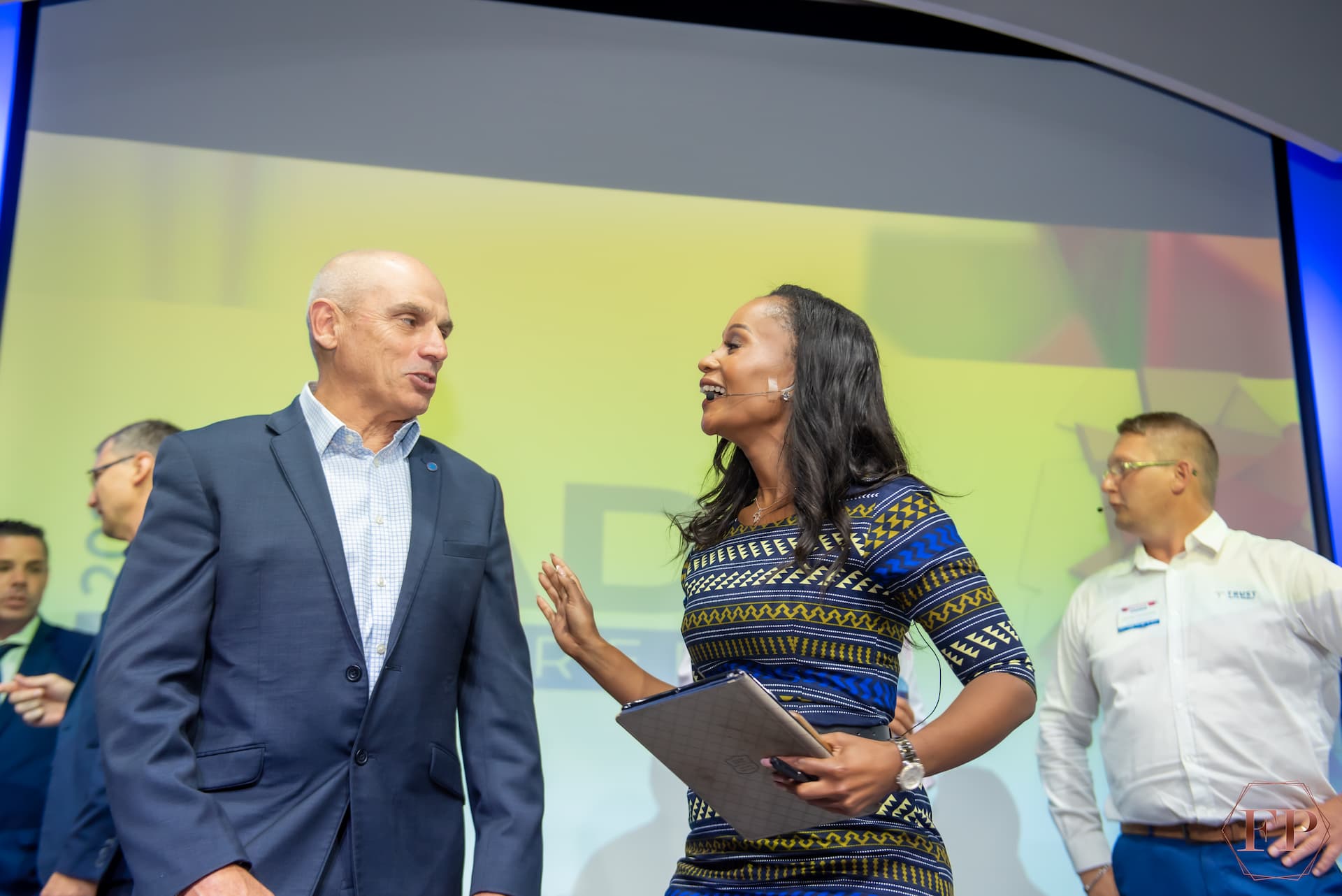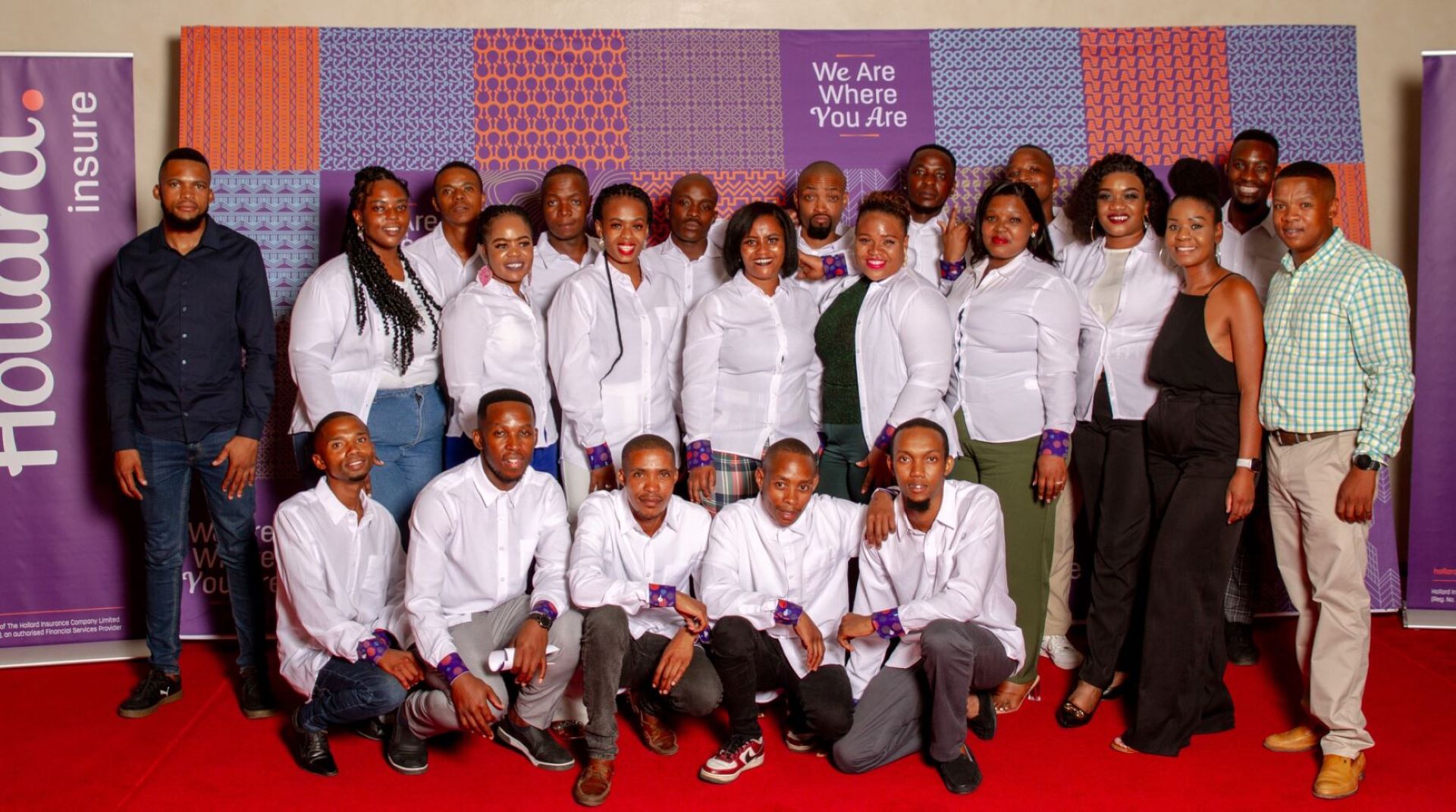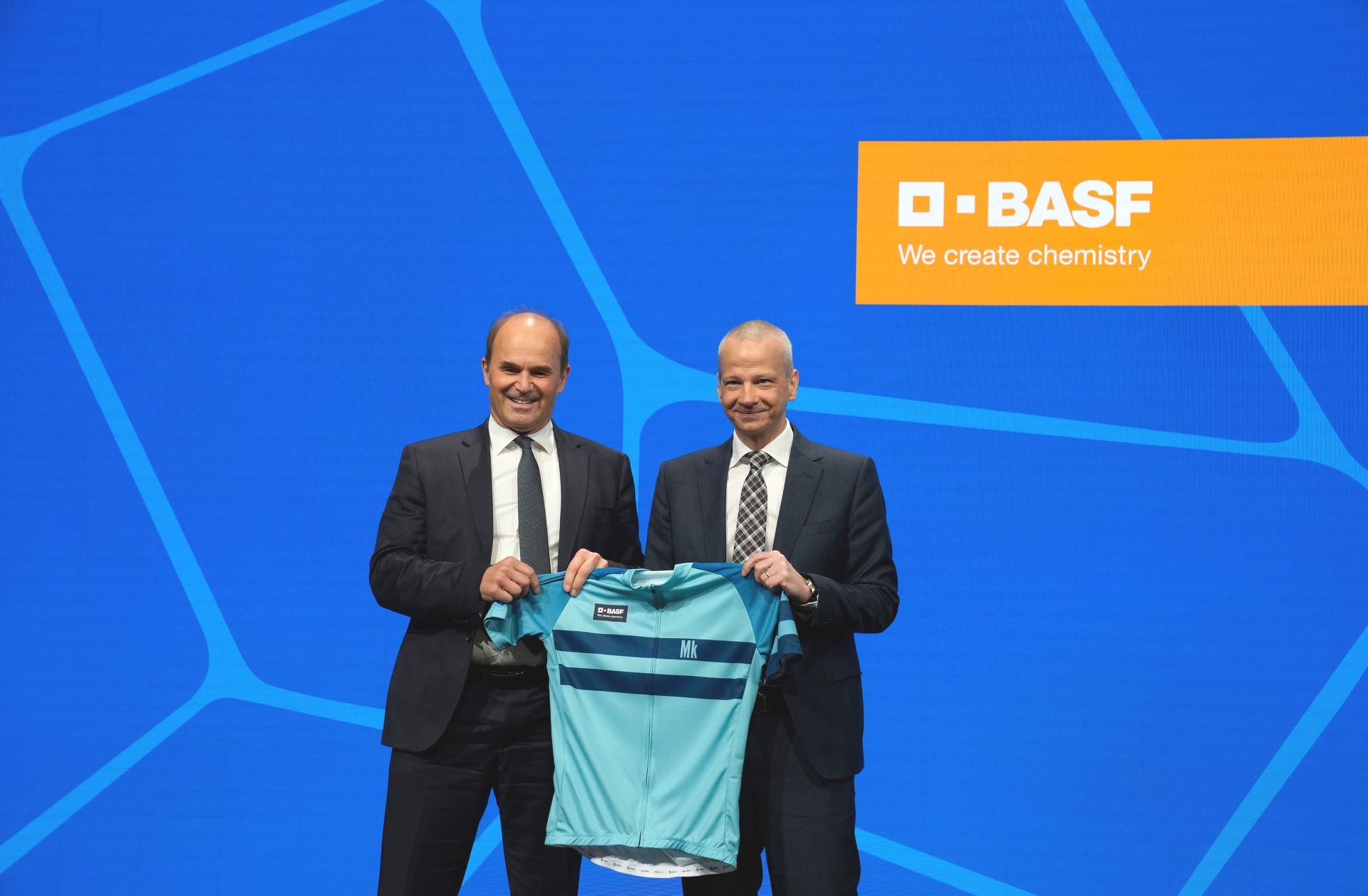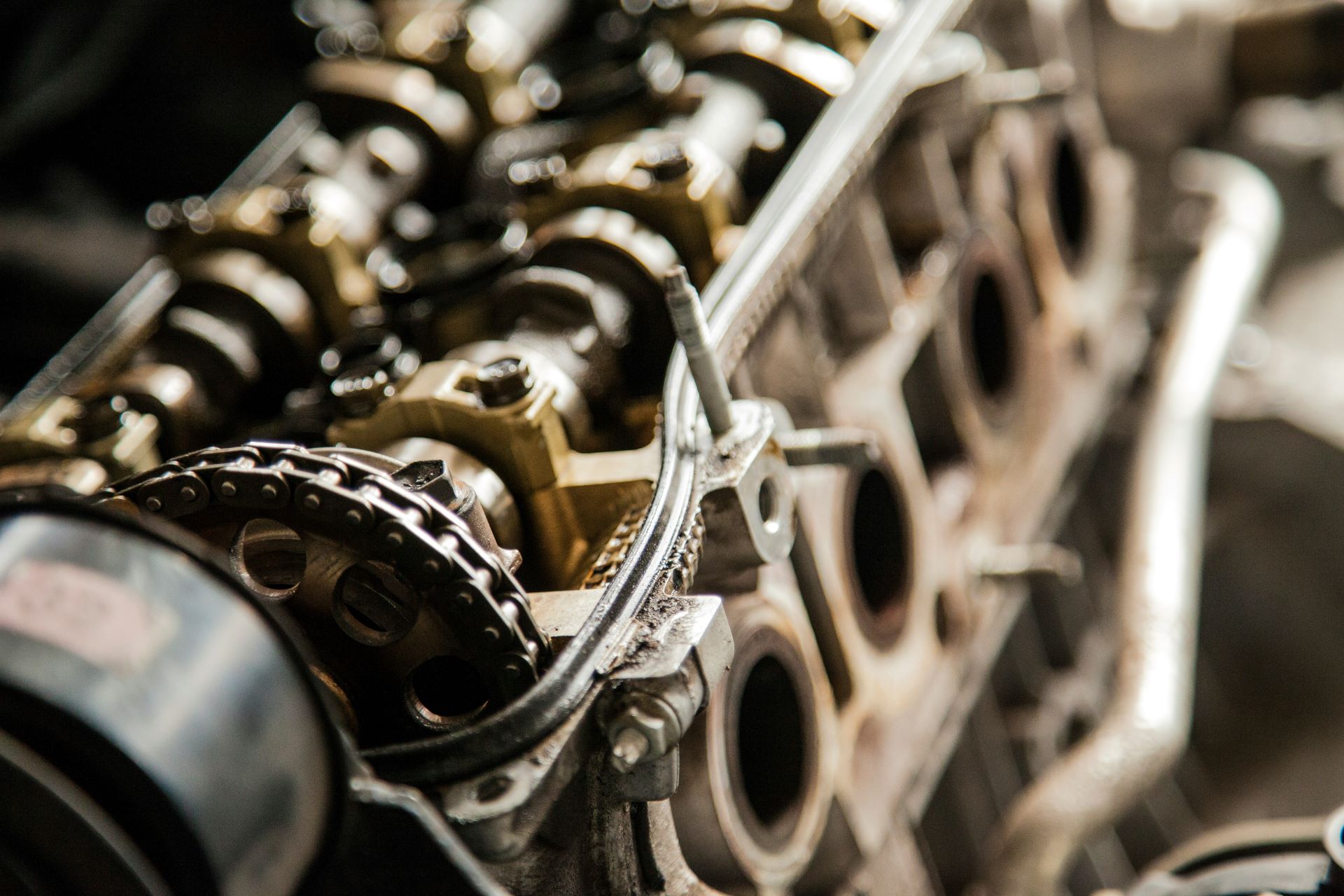At the recently held National Automobile Dealers Association (Nada) 2023 Conference, Australian auto retail expert, David Lowrie, highlighted the drivers of change in the automotive industry.
Although speaking to members of the auto retail industry (dealerships), he stressed that these drivers affected all segments of the auto industry, as well as other industries. It will stand body shops in good stead to take note and apply Lowrie’s insights to their own businesses. The body repair industry needs to ask itself similar questions as its retail counterparts, regarding its readiness to embrace these drivers.
Lowrie was a key speaker at the conference held in Sandton on 15 March where the running theme of all the speakers was the future-proofing of dealerships in the current often perilous-seeming times. By his own account, he has “30 years’ experience in the business implementation game” and is currently the Group Head of Learning Solutions at MSXI Australia. He is touted as a “global thought leader on unlocking company performance through Employee Engagement”.
At the conference, he expounded on “how things going on in the world trickle down and impact the industry”. He did this loosely at the hand of a PEST (political-economical-social-technological) analysis.
Political
According to Lowrie, in some markets like the Netherlands, Switzerland and Norway, it is already cost-prohibitive to buy an internal combustion engine (ICE) vehicle owing to tariffs and legislation. This has spawned a whole market in said countries of importing used hybrid and electric vehicles (EV), and governments in these countries have driven the EV structure to such a degree that you are hard-pressed to find an ICE taxi when you get off the plane. “This is all good and well, for these governments to push the EV agenda in order to be “seen-to-be-green” but already a huge problem has raised its head. In both the Netherlands and Switzerland, the impact of this was too significant a burden on their power grids and both countries now must import electricity from Germany. Keep in mind that these are mature markets. God forbid if that should happen in South Africa,” said Lowrie. He went on to relate a now real situation straight out of a conspiracy theory. “Both countries recently told their citizens that in the case of a national state of emergency, they would switch off the national power grid and you will not be able to charge your car,” warned Lowrie. Body repairers and refinishers should ask themselves whether they are geared to adapt to these rapid changes taking place. The body repair industry should also be careful of having an it-will-never-take-off-in-South-Africa attitude since we are a signatory of the Paris Climate Accord.
Economics
According to Lowrie, stakeholders have to take a step back and look at the bigger picture of alternative fuels and not at only EVs. He said in countries such as Germany a lot is being invested into synthetic fuels. “VW is a good example of a company that is investing heavily in synthetic and alternative fuels,” said Lowrie and praised the virtues of advances being made in the field of turning everyday carbon into vehicle fuels. “Maybe, just maybe, EVs are only a bridging technology,” he teased. He also cast the spotlight on Japan where they are fully focused on hydrogen as a fuel source. “Big truck companies in Europe, like JCV, are also turning to hydrogen since EVs are just not practical in that industry,” Lowrie explained. From a body-shop perspective we have to ask how are we going to upskill our employees to work on these new energy vehicles? How will this impact my business? How and where do we find the people to do what needs to be done? What does my workshop need to look like in order to adapt to the demands of these new vehicles? For example, do you, as a body shop, know that you will need a dedicated fireproof room for your EVs in case one of them spontaneously combusts?
Socially
Lowrie said that much of the pressure around EVs were driven by the social need of being “seen-to-be-green” and then sobered conference goers with the following: “If you look at an EV in a bubble, it is great. No emissions, no nothing compared to a dirty old ICE vehicle. But what people don’t do is isolate the factory that makes the EV in a bubble and look at the emissions and waste from that over and above of what is produced in the course of manufacturing a regular vehicle. Research has shown that in order to offset the negative impact of such a factory, the EV has to drive 450 000 km!
“Then there is also the question of what are we going to do with all these batteries when we are finished with them?” asked Lowrie.
Technological
For the audience to understand the magnitude of the technology they will have to deal with, he explained it in terms of ‘lines of computer code’.
“A F22 fighter plane is powered by 1.7 million lines of computer code. An F35 Raptor, in turn, is operated by 5.7 million lines of computer code and a 787 Dreamliner has 6.9 million lines of computer code operating it. Now, if I buy a vehicle with reasonable specifications such as all the safety gear, a nice infotainment system and satnav (satellite navigation) there are a 130 million lines of computer code in that car and 20 million lines in the satnav alone. When we look at hybrids and EVs, there are 330 million lines and then we are not even talking about autonomous vehicles yet,” said Lowrie.
It is clear that body shops need to take serious stock as to whether their technical staff are up to the challenges of the new awe-inspiring technology. Another question is whether your business is ready to educate the customer about said technology and how it will affect your relationship in terms of service delivery and turnaround time on repairs.
Lowrie concluded his talk by saying that “forewarned is forearmed. We need to think about it. The speed of change is phenomenal.”




